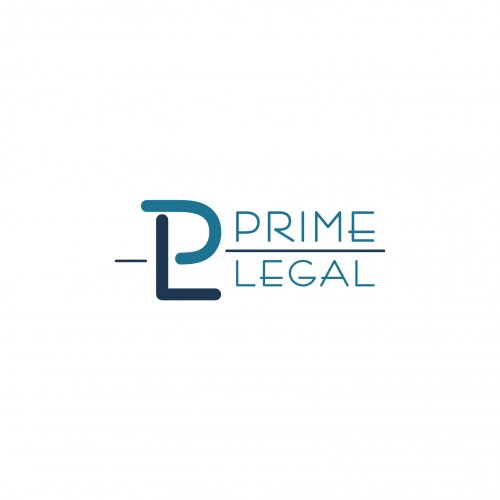Best Biotechnology Lawyers in Tbilisi
Share your needs with us, get contacted by law firms.
Free. Takes 2 min.
List of the best lawyers in Tbilisi, Georgia
About Biotechnology Law in Tbilisi, Georgia
Biotechnology is a rapidly growing sector within Georgia, specifically, Tbilisi, contributing to the development of pharmaceuticals, agriculture, and other scientific fields. Consequently, biotech laws have been established to regulate this sector. The laws cover areas such as intellectual property rights, bio safety, ethical issues involved in genetic engineering, and more. An understanding of biotechnology law in Tbilisi, therefore, is essential for anyone who operates in this field.
Why You May Need a Lawyer
If you are in the biotechnology industry, a thorough understanding of the law is crucial. You may need legal assistance for patent applications, litigation, licensing of technology, guidance with regulatory matters or for consultations regarding bioethical issues. Businesses in this field are also frequently confronted with complex contract agreements, which must be handled with legal expertise. Therefore, having a lawyer at your side can be an indispensable asset.
Local Laws Overview
In Georgia, including the city of Tbilisi, Biotechnology operates under a range of laws. Patent Law protects scientific creations, bolsters innovation and promotes the economic value of biotech developments. The Law on Licenses and Permits regulates the necessary permits required for research or commercialization of biotech applications. There are also biosafety regulations concerning the use of genetically modified organisms. These laws interact with international laws and treaties Georgia is part of, which means that a local legal expert is essential for navigating this field.
Frequently Asked Questions
1. Do I need a specific permit to start a biotechnology company in Tbilisi?
Yes, most biotechnology businesses, depending on their activity, may require specific permits to comply with both local and international regulations. Consulting a lawyer will provide you with detailed information.
2. How can I legally protect my biotechnology innovation?
Through patents, your biotech creation can be given legal protection. Patent laws vary, but a lawyer experienced in biotechnology law can guide you through the process.
3. What legal considerations should I keep in mind in genetic engineering projects?
Biotech projects involving genetic engineering are subject to bioethical considerations and rigorous biosafety laws. Noncompliance with these laws could result in severe penalties, making legal guidance essential.
4. Do biotechnology laws also cover agricultural applications?
Yes, biotechnology laws cover all applications, including agricultural ones. Legal help will be beneficial in understanding the specific regulations.
5. Who regulates biotechnology in Georgia?
The Ministry of Environmental Protection and Agriculture of Georgia is the key regulatory body in this field, although several other ministries and bodies are involved, depending on the nature of the biotech application.
Additional Resources
The Ministry of Environmental Protection and Agriculture of Georgia website contains valuable legislative material. Other resources for those searching for information on biotechnology law in Tbilisi include the Georgian National Academy of Sciences and the National Intellectual Property Center of Georgia (Sakpatenti).
Next Steps
If you need legal assistance in biotechnology, consider reaching out to a local lawyer experienced in this field. Also, staying updated about the latest industry developments within Georgia can prove beneficial for your business. Moreover, joining biotech industry associations can help build your network and contribute to better awareness about the legal landscape.
Lawzana helps you find the best lawyers and law firms in Tbilisi through a curated and pre-screened list of qualified legal professionals. Our platform offers rankings and detailed profiles of attorneys and law firms, allowing you to compare based on practice areas, including Biotechnology, experience, and client feedback.
Each profile includes a description of the firm's areas of practice, client reviews, team members and partners, year of establishment, spoken languages, office locations, contact information, social media presence, and any published articles or resources. Most firms on our platform speak English and are experienced in both local and international legal matters.
Get a quote from top-rated law firms in Tbilisi, Georgia — quickly, securely, and without unnecessary hassle.
Disclaimer:
The information provided on this page is for general informational purposes only and does not constitute legal advice. While we strive to ensure the accuracy and relevance of the content, legal information may change over time, and interpretations of the law can vary. You should always consult with a qualified legal professional for advice specific to your situation.
We disclaim all liability for actions taken or not taken based on the content of this page. If you believe any information is incorrect or outdated, please contact us, and we will review and update it where appropriate.








